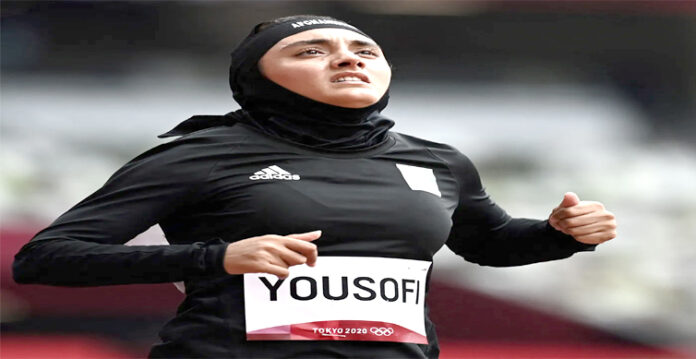In a recent rebuke, United Nations human rights experts called on France to reverse decisions preventing women and girls from participating in sports while wearing the Muslim headscarf. France, citing its strict secularism laws, has implemented policies prohibiting its athletes from wearing religious symbols, including the hijab, in competitive sports. This ban extends to the Paris 2024 Olympics and France’s national football and basketball federations, which exclude players wearing the hijab, even at the amateur level.
Eight independent UN experts, including special rapporteurs on cultural rights, minority issues, and freedom of religion, criticized the bans in a strongly worded statement. They argued that these restrictions infringe upon fundamental rights, disproportionately impacting Muslim women and girls in France. “These decisions are disproportionate and discriminatory,” the experts stated, asserting that they encroach upon the rights of Muslim athletes to freely express their identity and religion, both publicly and privately. They also argued that these restrictions hinder these athletes’ right to participate in cultural life.
In France, secularism—known as “laïcité”—has been embedded in public policy, aiming to maintain the neutrality of the state in religious matters. This includes restrictions on religious symbols in public institutions. French schools, for instance, prohibit both teachers and students from wearing “ostentatious” religious symbols, including the hijab. Civil servants are also subject to similar regulations. France defends these laws as a means to ensure equality among citizens and protect individual freedoms by keeping religious expression separate from the state.
Also Read: Celebrities React To Hijab Row In Karnataka; Bella Hadid Added To The List
However, the UN experts challenged this justification, noting that secularism should not justify limiting freedom of expression or religious practice. They highlighted that under international law, restrictions on these freedoms must meet specific criteria, including being proportionate, necessary, and based on clear and justifiable grounds. The statement emphasized that regulations “must be justified by facts, not presumptions, assumptions, or prejudices.”
The UN experts also expressed concern over the broader social context, citing a rise in intolerance and stigmatization of women and girls who choose to wear the hijab. They argued that such restrictive measures not only infringe on individual rights but also perpetuate discrimination. “Muslim women and girls who wear the hijab must have equal rights to participate in cultural and sporting life and to take part in all aspects of French society of which they are a part,” the experts said, urging France to implement measures promoting equality and respect for cultural diversity.
While the French government enforces these policies within its borders, the International Olympic Committee (IOC) has taken a different stance, allowing athletes to wear the hijab within the confines of the Olympic Village during the Paris 2024 Games. This decision underscores a contrast between the international governing body’s position and France’s domestic policy, creating a debate on the intersection of religious freedom and secularism in global sports.
As the 2024 Olympics approach, the UN experts’ statement highlights a growing tension between France’s secular policies and the universal rights to freedom of expression and religious belief. The UN’s appeal calls on France to reconsider its stance, especially as it prepares to host athletes from diverse cultural and religious backgrounds at an international event celebrating unity and inclusion. The outcome of this debate will likely continue to reverberate beyond the Olympic stage, with implications for Muslim women athletes and secularism policies worldwide.
(This story is sourced from a third-party syndicated feed. Raavi Media takes no responsibility or liability of any nature. Raavi Media management/ythisnews.com can alter or delete the content without notice for any reason.)


